Nourishing Ideas Curds and Whey
Beginner Curds and Whey FAQ General Info Soft Cheese Hard Cheese Learn about different techniques and ways to work with curds, for both hard and soft cheese. After adding rennet, milk forms into a solid curd. Depending on the specific cheese making recipe, this curd will need to be cut, cooked and drained.

Making Cheddarish Cheese
Cut curd into 1/2- to 1-inch cubes directly in the pot. Let sit for 5 minutes. Cover curds and heat, stirring every 10 minutes, to 98 degrees F (37 degrees C), about 90 minutes. Squeeze curds together to check if they stick. Drain curds and transfer to a cheesecloth-lined strainer set inside a pot.

Homemade Cottage or Farmer's Cheese Easy! Pint Size Farm
Ingredients 1/2 cup cottage cheese 1/2 cup blueberries 1-2 Tablespoons lemon juice or to taste 1-2 tsp of honey Optional: a pinch of cinnamon to sprinkle Instructions Start with your layer of cottage cheese. Add in blueberries, lemon juice and honey. Swirl. Optional: dust with cinnamon to taste. Notes

How to Make Curds and Whey Sharon Glasgow
Place 1 quart (4 cups) whole milk (raw, organic, if possible) in a saucepan and over heat slowly bring milk to the boil, while stirring continuously to prevent scorching. Once the milk boils, turn off heat and add 6 teaspoons white vinegar while gently stirring. Milk should begin to curdle and become curds and whey.

Fresh Ricotta Cheese, DIY, Plastics Free and Easy Too!
2 Choosing Your Base: Milk Selection 3 Acidifying Your Milk: Key Techniques 4 The Art of Curdling Milk 5 The Art of Curdling Milk 6 Draining the Whey: A Delicate Balance 7 Refining Curds for Premium Texture 8 A Symphony of Flavors: Seasoning Curds 9 FAQs: Demystifying Curds and Whey Creation Unveiling the Mystery of Curds and Whey
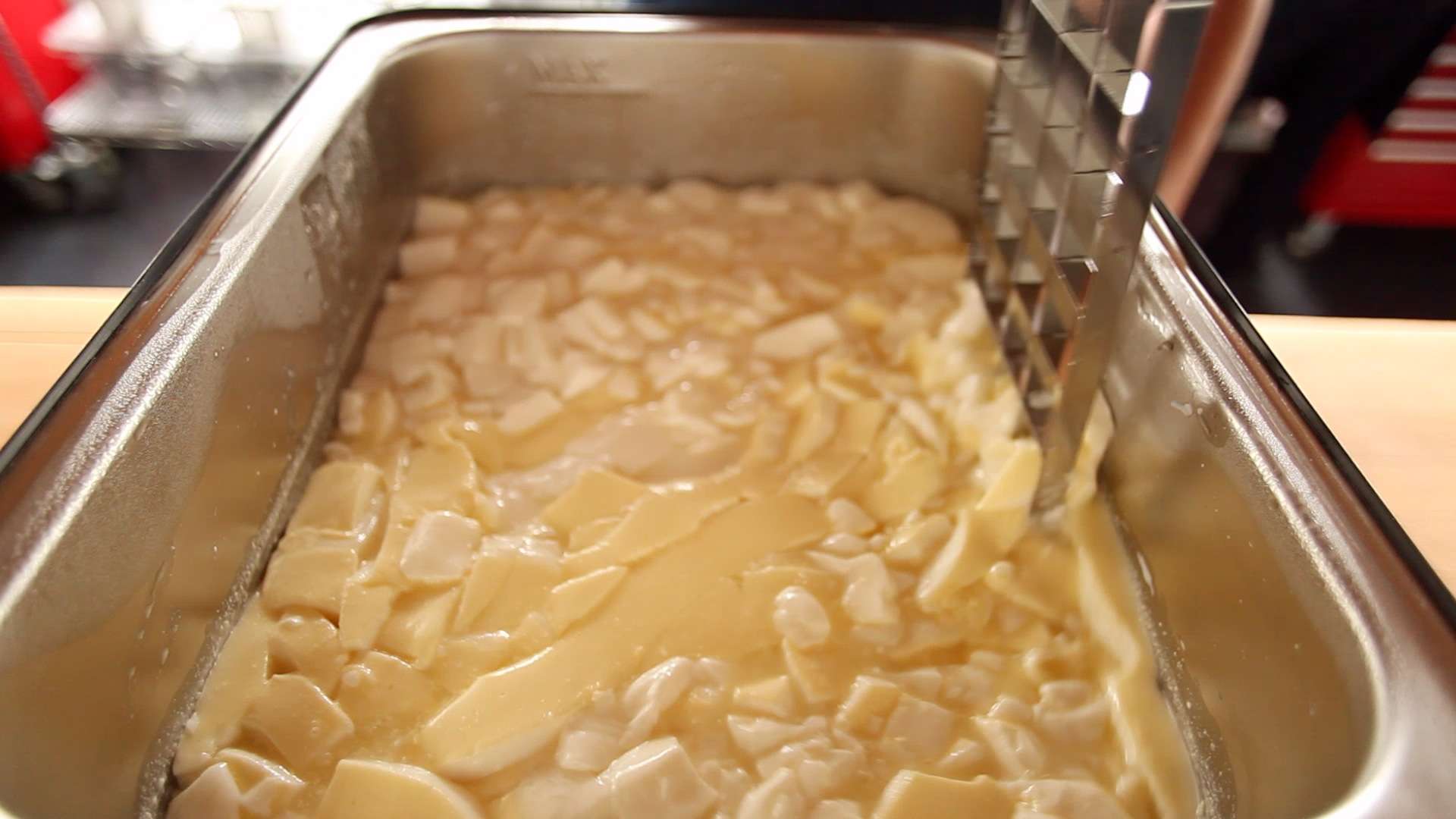
Making Squeaky Cheese Curds Science Friday
Step One Place strainer over the bowl. Make sure there is enough room for the whey to collect in the bowl without it touching the bottom of the strainer. Line the strainer with a thin towel or a few layers of cheese cloth. You want to avoid using a thick towel at this stage because it will absorb a substantial amount of whey. Step Two

Have you ever sung along to Little Miss Muffet, and wondered what
Take a colander and lay a piece of cheesecloth inside it. Place over a bowl if you want to keep the whey. Gently pour the curds and whey into the colander and allow the whey to drain off. Lift all the corners of the cheesecloth together and squeeze the whey from the curds. Place a cooling rack over a baking tray and lay the curds in the cloth.
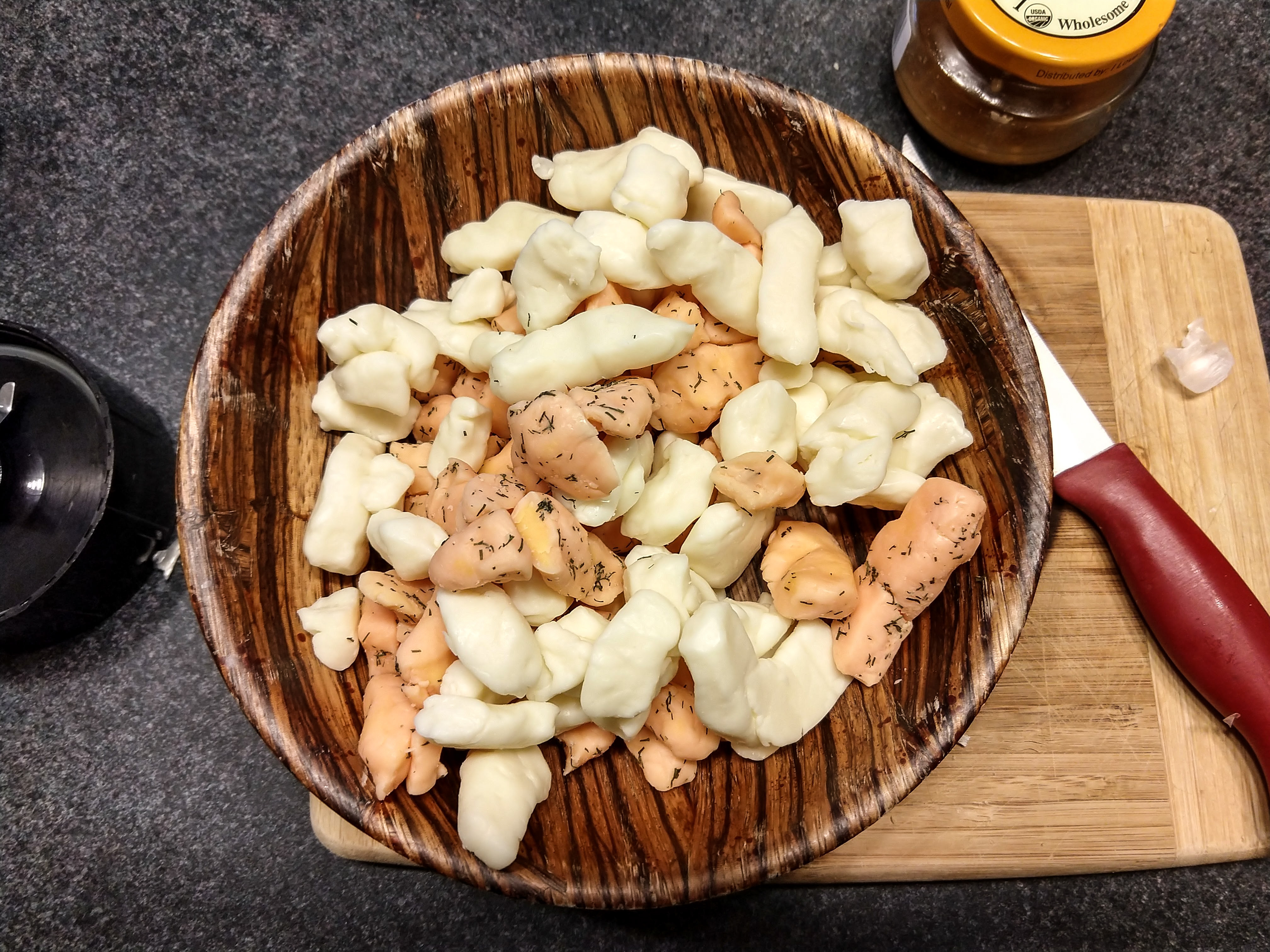
Buttermilk Battered Cheese Curds with Garlic Aioli Dipping Sauce
If Using the Stovetop Method: Bring remaining 2/3 of whey to 180°F (82°C) over high heat. Working with one portion of curds at a time, place in a heatproof bowl and add enough hot whey to cover. Wait 15 to 20 seconds, until curd is soft, sticky, and clumping together.
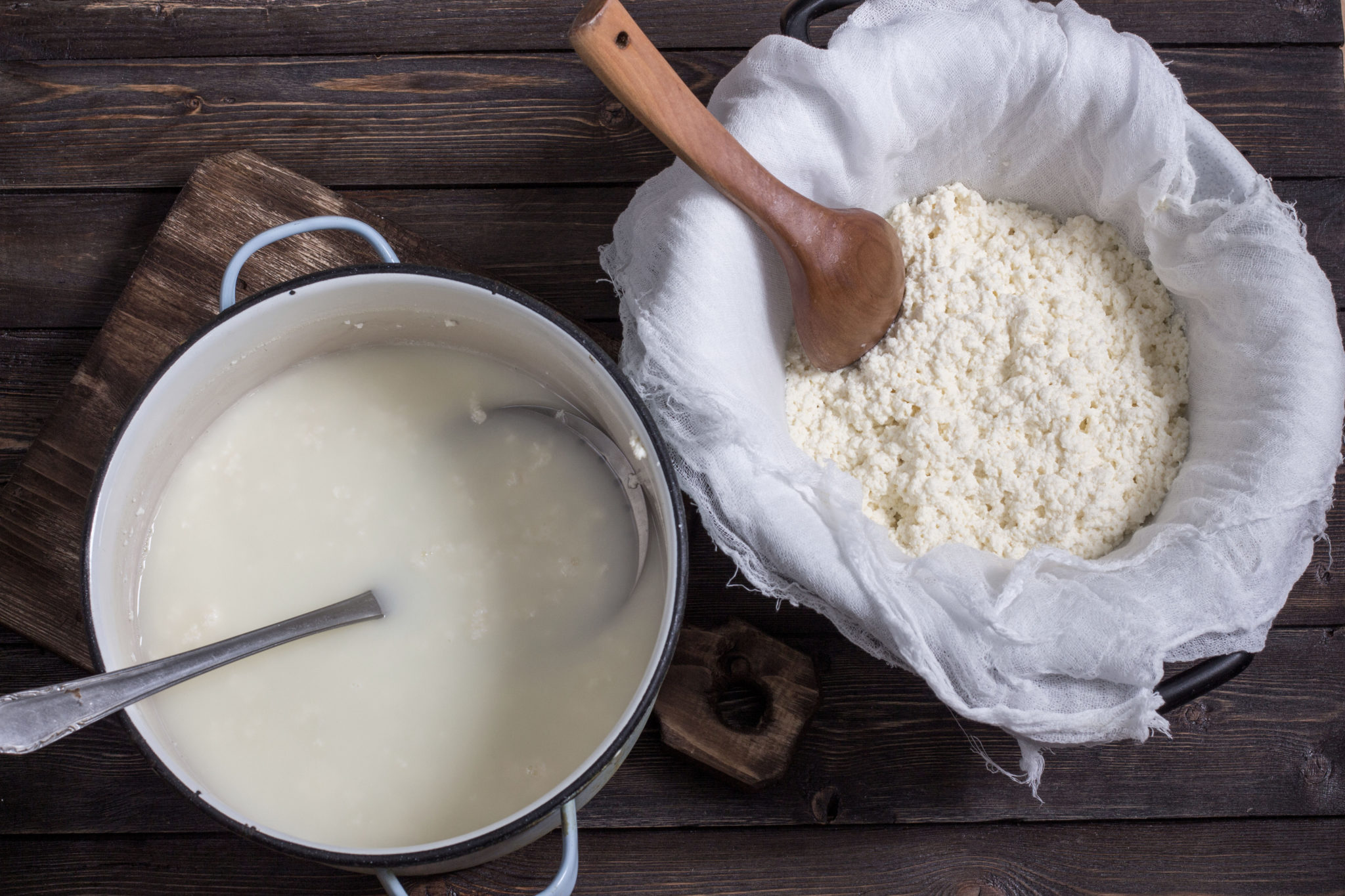
Curds and Whey Little Miss Muffet Activity
Curds and whey, as referenced in the popular nursery rhyme "Little Miss Muffet," refers to the byproducts of cheesemaking.
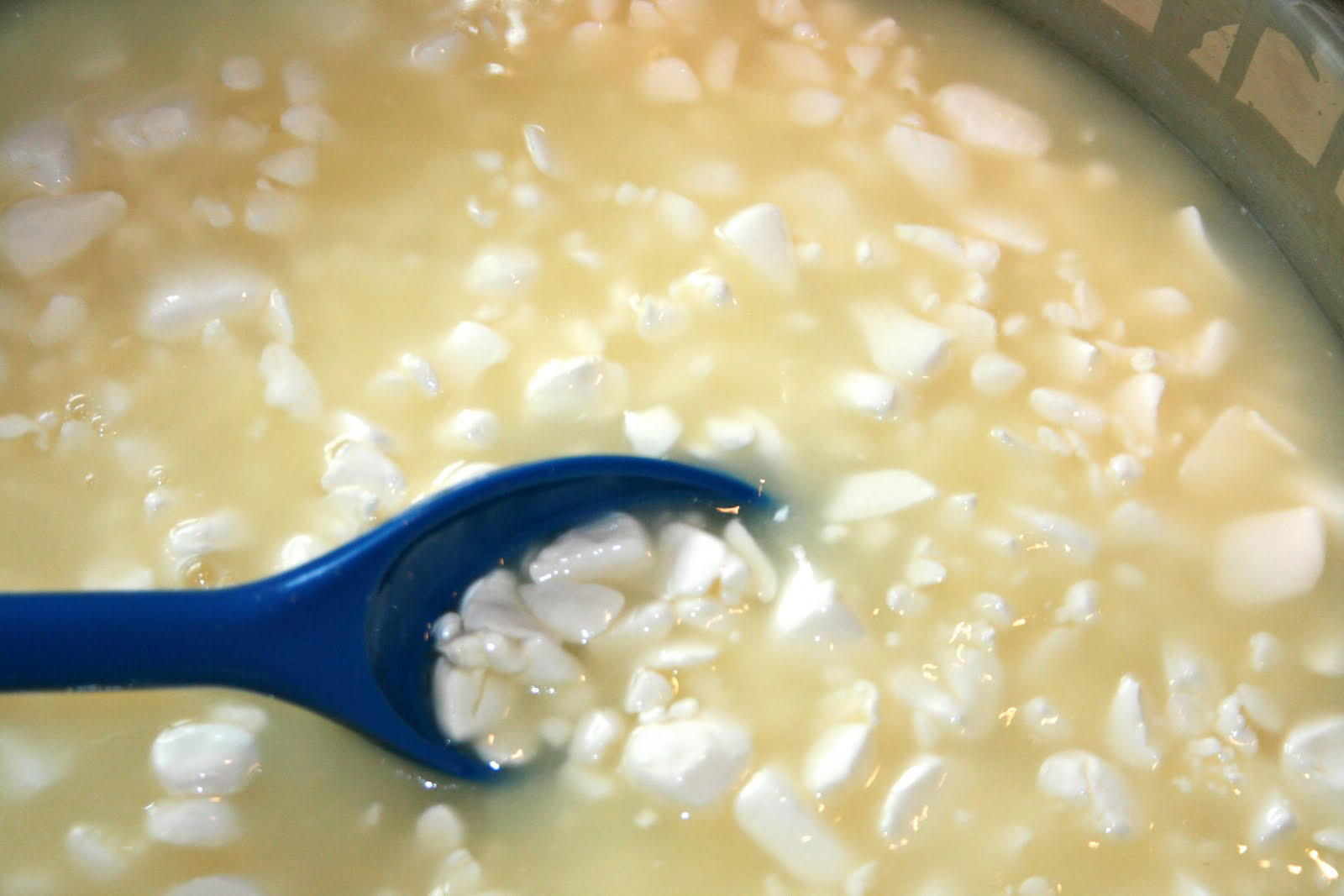
Whey Facts, Health Benefits and Nutritional Value
Curds and whey is the name for curdled milk that has separated into lumps of cheese curds and liquid whey. You've probably eaten cottage cheese. But how does it transform from milk to become curds and whey? Milk is complex Milk is an excellent source of high-quality protein.
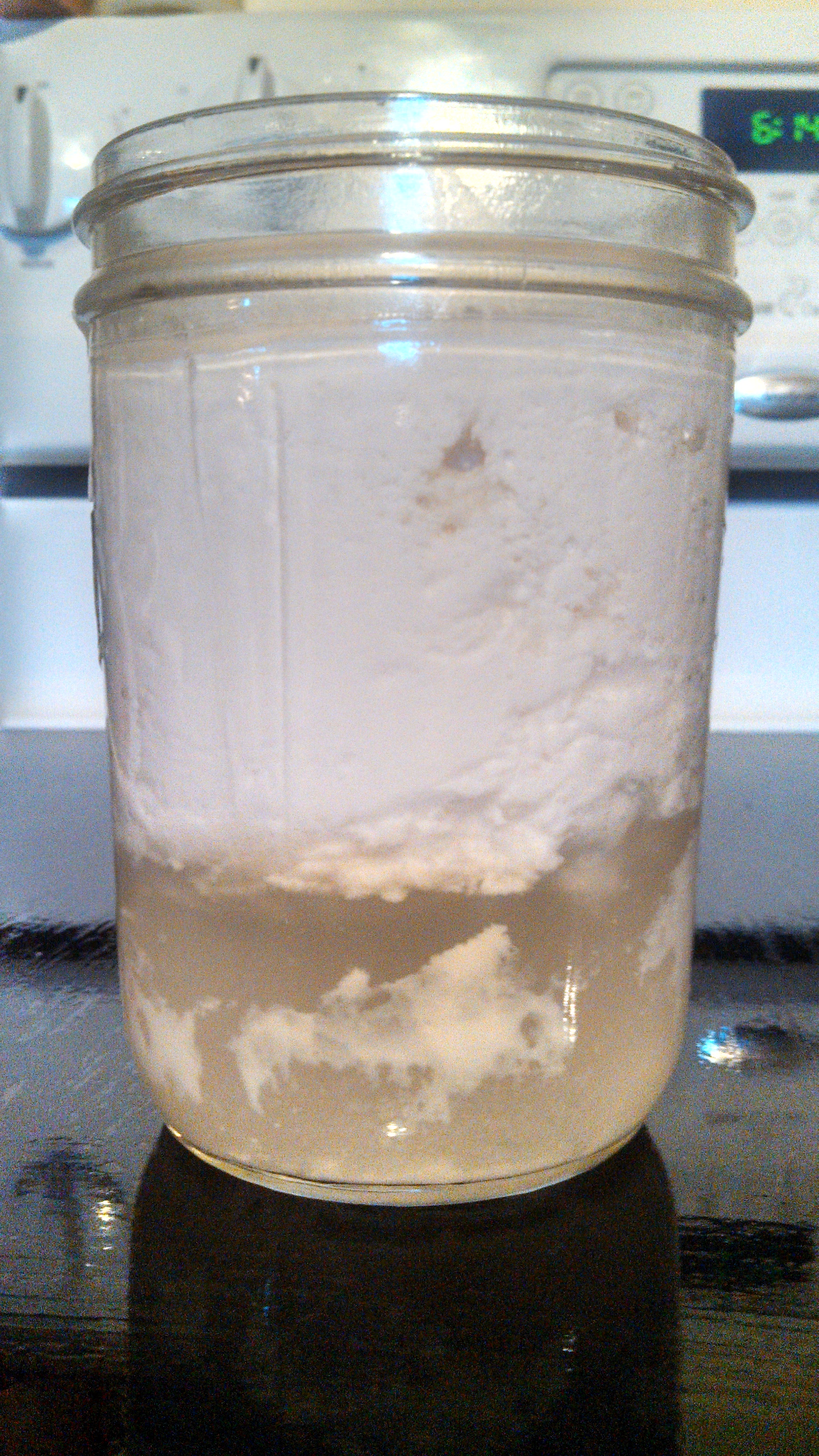
Make Your Own Kefir at Home Healthy, Inexpensive, and Easy DIY
Pour fresh raw milk into a clean jar. Put top on loosely. Let sit for 3-4 days in72-78 degree room. When The curds and whey separate it is time to process. This jar is ready to process. Raw milk has all 8 of the essential amino acids our body requires. It also has two players in antibiotic protein/enzyme arsenals, lysozyme and lactoperoxidase.

How to Make Cottage Cheese with Sour Milk! Rosie Discovers
Curds and whey is the generic name given to curdled milk, which separates into lumps of cheese called curds and a liquid called whey. You can curdle milk in a few different ways, to create different types of cheese. The way that we tried today makes a ricotta-like cheese.

Learn how to make fresh, homemade cheese curds with this easy recipe
1. Use curds to garnish and enrich a pasta dish like spaghetti with marinara, orecchiette with broccoli rabe, or penne with sautéed wild mushrooms. 2. Use curds as a stuffing for baked fish fillets and boned chicken legs, as a filling for strudel with fruit, and in savory pies and ravioli.

The Basics / Curds and Whey — Deeply Nourished Life Curd, Cuisine
CURDS AND WHEY. Take a small piece of rennet about two inches square. Wash it very clean in cold water, to get all the salt off, and wipe it dry. Put it in a tea-cup, and pour on it just enough of lukewarm water to cover it. Let it set all night, or, for several hours.

How to Make Curds and Whey 4 Steps (with Pictures) wikiHow
Lay a piece of cheesecloth or a fine tea towel into a strainer set inside a large bowl. Pour the curds and whey into the cheesecloth and allow the liquid to drain for a few minutes. Lift the cheesecloth up by the edges, allowing any remaining liquid to strain out. I like a soft, moist curd so I refrain from squeezing the cloth too much.
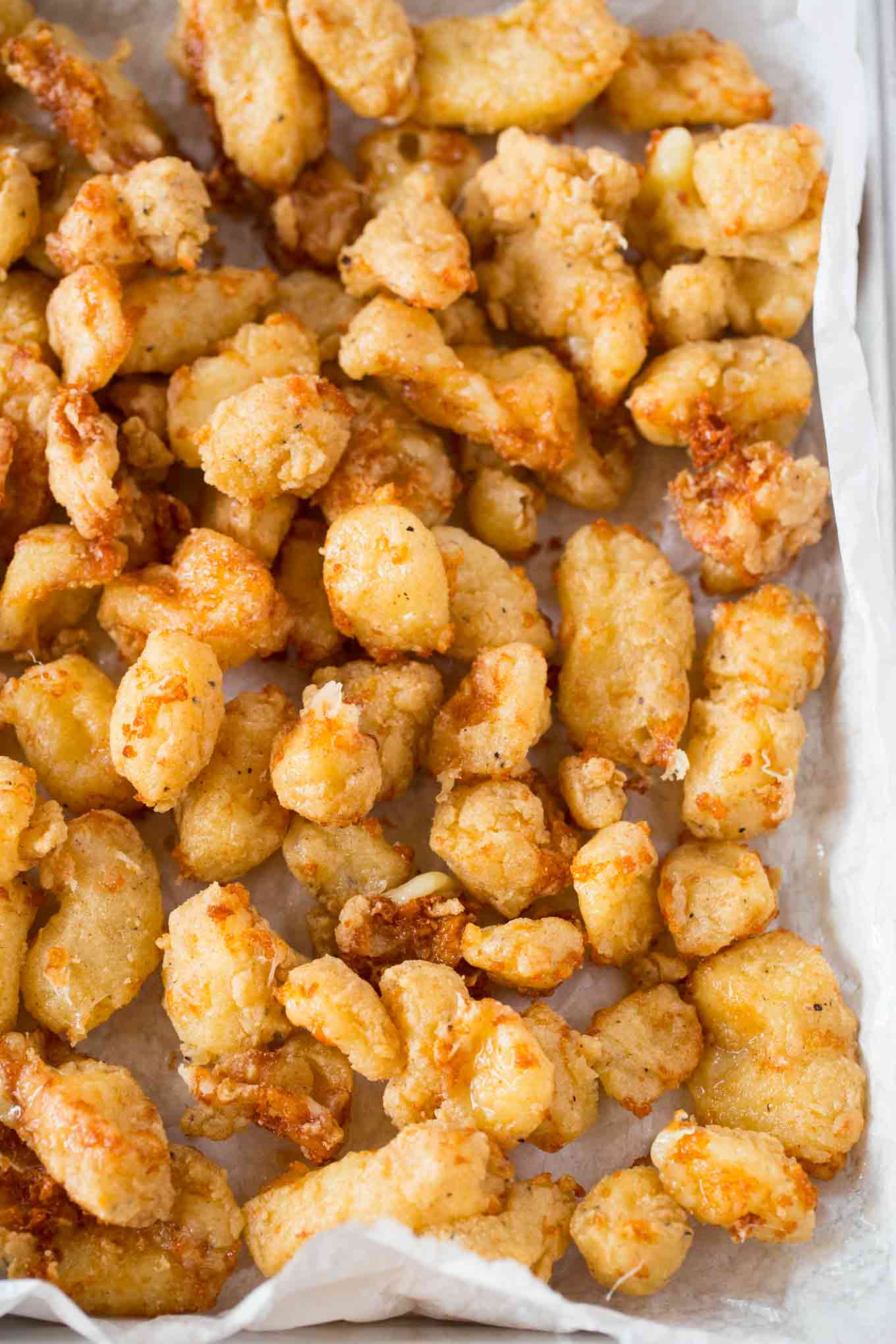
Fried Cheese Curds Recipe Dinner, then Dessert
Take the milk in a saucepan. Place it on the stove top and stir while it is getting heated. Let the flame be low and allow it to reach a temperature of 80 o C (175 o F). You can check this with the thermometer. Take freshly prepared juices to get the better results. Make sure the milk is hot and fresh.